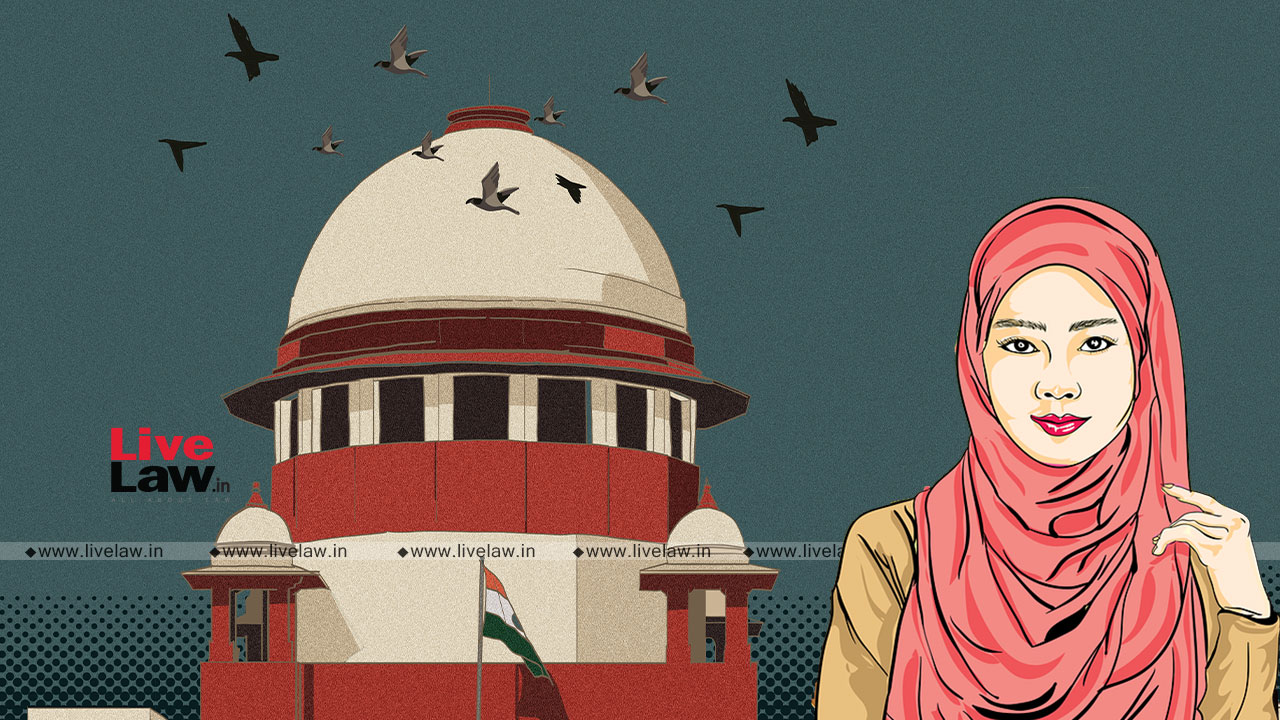Can Divorced Muslim Woman File For Maintenance Under Section 125 CrPC? Supreme Court To Consider
Debby Jain
13 Feb 2024 7:59 AM IST

Next Story
13 Feb 2024 7:59 AM IST
In a Muslim man's plea against direction to pay interim maintenance to his divorced wife, the Supreme Court is set to consider the question whether a Muslim woman is entitled to maintain a petition under Section 125 CrPC.The Bench of Justices BV Nagarathna and Augustine George Masih recently heard a case emanating from a Family Court order which, in a Section 125 CrPC petition preferred by...
